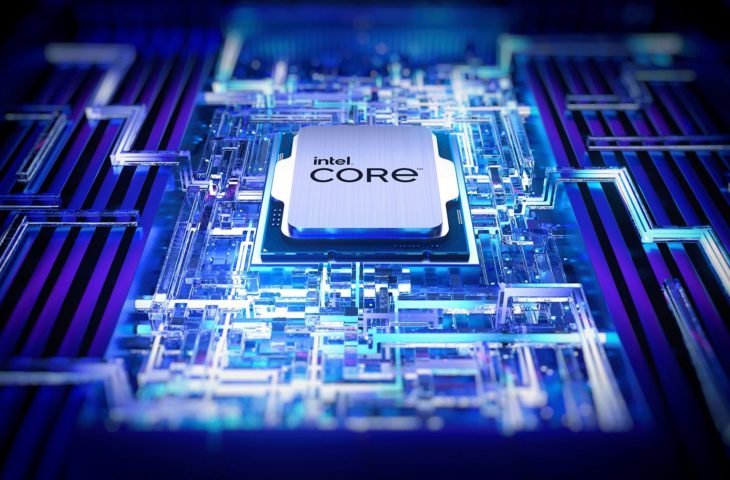According to internal research, Intel says that its thirteenth and fourteenth generation laptop chips are not subject to the same stability problems as the desktop chips. According to the developers’ findings, there were doubts about this.
Intel’s thirteenth and fourteenth generation laptop chips are not vulnerable to the same flaw as some desktop CPUs. Intel says this is after an internal investigation. Intel has always denied there was a problem with the laptop chips, but has struggled to substantiate this claim. The situation seemed unclear, especially after disturbing findings from a developer.
Now Intel is being formal: mobile CPUs of the thirteenth and fourteenth generation are not susceptible to the so-called Vmin shift instability. The Verge knows this from a spokesperson’s source. Many desktop chips would also be spared. Xeon processors are not affected, nor are Core i3 CPUs. The situation is different with Core i5: If these chips belong to the “K” family, they can fail on their own at some point.
Update
Intel stresses that the new Core Ultra CPUs are based on a new architecture and are therefore immune to the bug. If you own an Intel Core i7 or i9 or a thirteenth or fourteenth generation K processor, you’re best off taking action.
Intel has now released a BIOS update that should prevent the instability altogether. If you are already having problems, you can use the extended warranty period that Intel offers on the chips. This is necessary: an affected processor is physically damaged beyond repair and cannot be repaired by an update.














